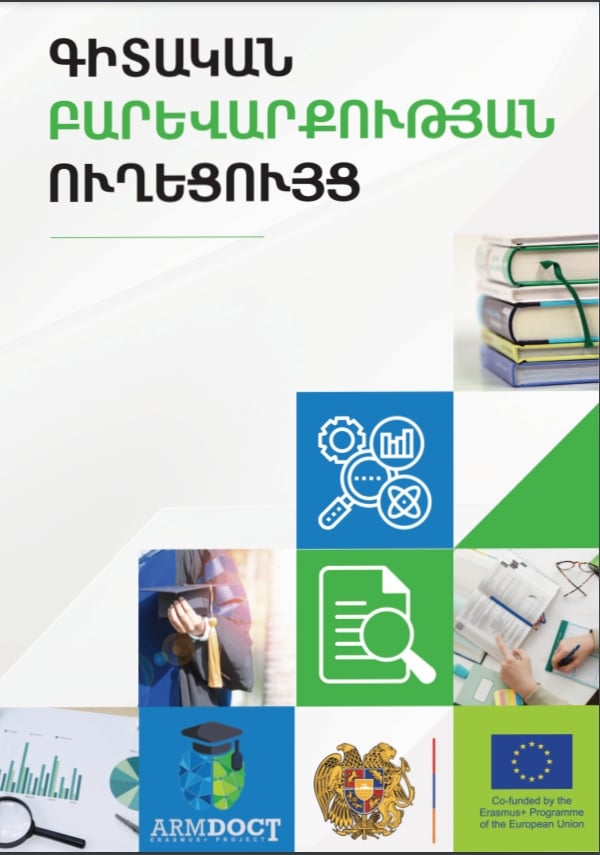Capacity Building Higher Education Projects (CBHE) promote cooperation and partnerships that have an impact on the modernisation and internationalisation of higher education institutions and systems in Partner Countries. Capacity building projects typically focus on one of three main activities: Organisations can choose from two types of projects:
General Information: Project Summary The ARMDOCT project addresses an urgent need in Reforming Doctoral Education (DE) in Armenia in line with the Salzburg Principles with the emphasis on policy, legal framework (including by-laws) and institutional procedures supporting integrative and internationally-oriented doctoral studies involving universities, research institutions and industry. Expected impact on the international and national levels is seen as a contribution to the reform and modernization of Doctoral Education in line with the Salzburg principles enabling better integration to the European Higher Education and European Research Areas. The action foresees: The action is complemented by extensive dissemination & networking activities. The partnership of 15 members comprises 4 EU higher education institutions (HEIs), 8 HEIs and 2 SRIs from Armenia and the Ministry of Education and Science of Armenia. AM partners: EU partners: Publications: Website: https://www.armdoct.com/
HARMONY project aims to contribute to development of a comprehensive internationalization strategies and their harmonization at EU and Partner Countries (Armenia, Belarus, Russia) within the framework of HEA in accordance with the main provisions of the Bologna Process through modernization of international relation management of the partner countries universities, promoting the academic mobility and correspondently, increasing the attractiveness of the higher education systems in these countries and EU. MAIN RESULTS: EXTERNAL QUESTIONNAIRE NEWLETTERS:
Access to Society for People with Individual Requirements (ASPIRE) The ASPIRE Project (Access to Society for People with Individual Requirements) is coordinated by Ilia State University in Tbilisi, Georgia and involves 14 higher education and public training institutions and NGOs from Armenia, Georgia, Ireland, UK, Germany and Slovakia. ASPIRE aims to foster the rights of individuals with special needs to access inclusive education and enjoy the right of participation in everyday society, to combat discrimination of the individuals with special needs by instilling awareness and acceptance in society as in line wth Bologna Process and the UN Convention on the Rights of Persons with Disabilities. European partners: Partner institutions from Georgia: Partner institutions from Armenia: Principal outcomes and outputs incorporate :
Capacity Building Projects (KA2)

ARMDOCT

HARMONY

INTERNAL QUESTIONNAIRE
ASPIRE

Want to Study?

